Zach Reini is an artist currently living and working in Denver, CO. He recently received his BFA from Rocky Mountain College of Art and Design and is an Artist in Residence at RedLine Denver.
Tell us a little bit about yourself and what you do. I currently live and work in Denver and have done so for about the last 18 years. Prior to that, when I was very young, I lived in a small mining town in Northern Minnesota, but I was born, grew up and haven’t been smart enough to leave Colorado for the majority of my life. I recently acquired my BFA and became an artist in residence at RedLine shortly after. I make a variety of objects/situations and am in the business of commodifying/proliferating ideas.
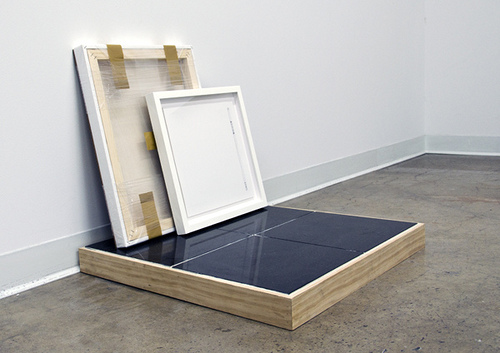
How has living in Denver affected your art practice? It has made me be much more grateful for who I know and associate with, as well as the spaces that are doing things that I enjoy. Since there isn’t as much going on as there is in larger cities in the States and Europe, you have to be much more proactive to get shows, meet and talk with people to get your work out to your target audience. This has made me concentrate, learn and work as much as possible so that when I do end up moving I can hit the ground running to keep up with the pace of things larger than myself.
What is one of the bigger challenges you and/or other artists are struggling with these days and how do you see it developing? How to deal with the notion of originality, specificity, or place; a loss of a sense of localism. With the Internet and other networks we’ve created, everyone is on a level plane and has access to everything everyone else in your particular idiom does, or at least a simulation of the experience. So now it’s very easy to either conform and align yourself with what’s in vogue, or to become discouraged because “someone somewhere else did it already.” I think that this has been a constantly evolving problem with art, and is nothing new, however now more than ever I find it imperative that the search to “make something no one else has” is moot. There should be more of a focus of how things relate to each other, the artist as a filter of what they experience, rather than as one possessing some sort of divine inspiration as a reincarnation of Picasso living in Brooklyn.
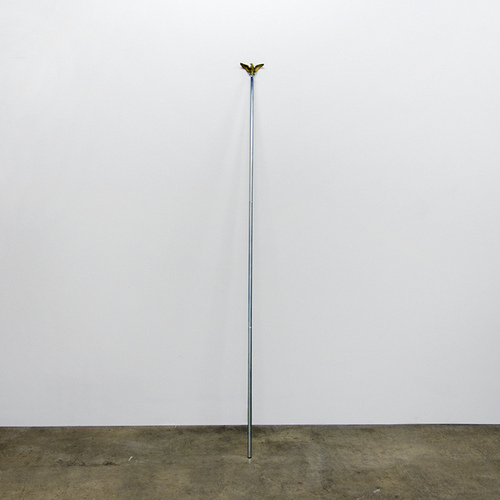
How did your interest in art begin? I drew tornadoes while watching Twister on repeat when it first came out. I’ve always loved taking my remote control cars apart and building shitty skate ramps; that’s where the making things, understanding how things work and creative problem solving started to click. During my secondary education I didn’t take too many classes until later on, which primarily consisted of photography. That furthered my interest in technical processes and helped expand my understanding of what art could be. From there I just started reading as many books as I could, which helped me gather the reference library that I have now.
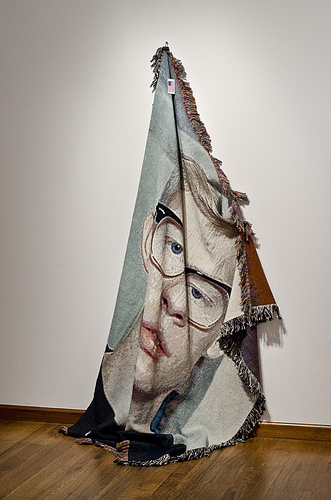
What materials do you use in your work and what is your process like? I have an attraction to materials of a very “suburban” quality: things you could find at a construction site for a housing development, a garage sale or the Home Depot. I like the conversation these media have with traditional “art” materials like oil paint and canvas and their counterparts of latex house paint and drop cloth. Also, working as a preparator I’ve been using a lot of shipping materials more recently, bubble wrap, cardboard, plastic, tape, etc; reminds me of standing in line at the post office and getting mail on your doorstep. As for my process it is very precise, a lot of notetaking, measuring, sketching and planning goes into the work, but not so rigid that I don’t accept outside variables. I like to make sure I have thought of everything I could in preparation, so that when it comes time to actually execute, the problems that arise are completely genuine, unconscious happenings that help the work expand into new, unforeseen fields.
How has your work developed within the past year? I have been more focused on subtlety, context and intent. This paired with spatial and material concerns have helped me explore new avenues that have been leading me away from my old habits I acquired during school. I’ve become increasingly bored with sitting down, thinking of an idea for a painting and trying to make a good “painting.” Sometimes, painting just falls flat, pun intended. This boredom has helped me explore materials and constructing situations that better relate the form to the content.
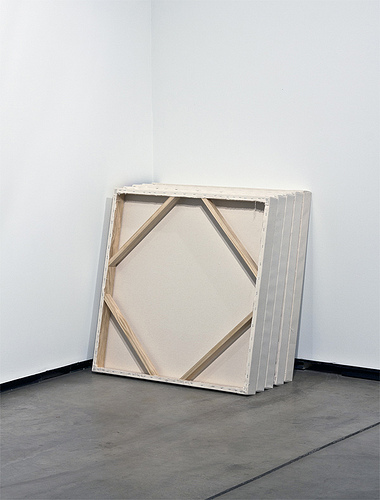
What’s your favorite thing about Denver? Possessing the ability to drive 30 minutes in any direction and being in the middle of nowhere.
What are your thoughts about the art scene in Denver? There’s a lot of potential here, and there definitely are artists making progressive and challenging work, but there’s little to no representation of these people, so they fly further below the radar than they actually should. I think that we’re on our way up as a city, or state for that matter, hell, we just legalized weed.
What do you do when you’re not working on art? I play in numerous music projects (Armut and Youth Attack), take care of my dogs, skateboard, work on my motorcycles, and try to get as much sleep as possible.
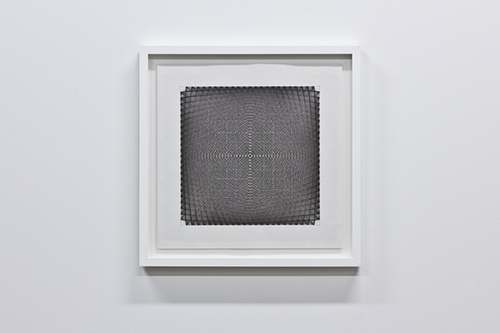
Any current or upcoming shows we should know about? http://zachreini.com/father-on-fire/
What do you want a viewer to walk away with after seeing your work?If they can either laugh or get pissed off, that much better than it being absorbed and ignored. Maybe to walk away with a slightly better appreciation for the mundane absurdities in everyday life, or to be prompted to embark on a mental dérive.
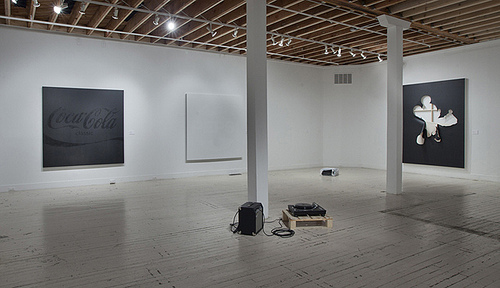
If you hadn’t become an artist what do you think you’d be doing? In middle school I wanted to be an engineer and go to MIT, my dad probably would have liked me more if that panned out.

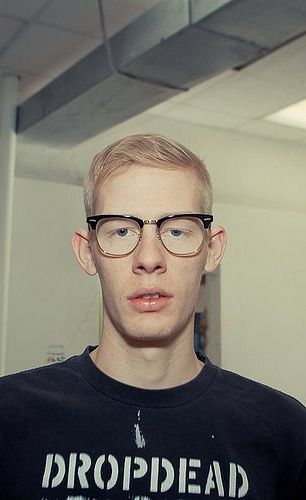
My wife and i were quite contented John could conclude his survey from the precious recommendations he received out of the weblog. It’s not at all simplistic to just continually be handing out strategies which some people could have been selling. We acknowledge we’ve got the writer to give thanks to for this. The specific explanations you made, the straightforward website navigation, the friendships you help engender – it’s got many excellent, and it is assisting our son and our family imagine that the article is satisfying, which is extremely indispensable. Many thanks for all!
Wonderful goods from you, man. I’ve understand your stuff previous to and you’re just too excellent. I really like what you’ve acquired here, really like what you are saying and the way in which you say it. You make it enjoyable and you still care for to keep it wise. I can’t wait to read far more from you. This is actually a tremendous site.